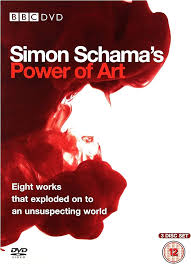Understanding the Impact of Simon Schama on History and Culture

Introduction
Simon Schama is a renowned British historian, author, and broadcaster, best known for his engaging narratives that intertwine history, art, and culture. His work not only educates but also stimulates conversations about the significance of historical events in contemporary society. With a career spanning over four decades, Schama has made substantial contributions to both academic discourse and public understanding of history. Recently, his impact continues to be felt in various media, cultural discussions, and educational platforms.
Professional Background
Born in 1945 in London, Simon Schama attended the University of Cambridge, where he excelled in history. He earned his PhD at the University of Oxford and went on to teach at several prestigious institutions, including Harvard and Columbia University. Schama’s unique approach to history, which blends rigorous scholarship with captivating storytelling, has set him apart from traditional historians.
Recent Works and Projects
In 2023, Schama embarked on a new documentary series that explores the cultural and historical significance of the British landscape. Titled “The History of Everything,” the series has garnered significant attention for its innovative format and thought-provoking content. Furthermore, Schama’s latest book, “The Power of Art: How Creativity Shapes Our Lives and Societies,” published earlier in the year, continues to underline his belief that art is a vital aspect of understanding human history.
Impact and Legacy
Schama’s influence extends beyond academia and television. As a public intellectual, he encourages viewers to engage critically with history and its implications on current events. His ability to present complex historical narratives in an accessible manner has made him a popular figure in educational settings, inspiring a new generation of historians and scholars. Schama’s works remind us of the importance of history in shaping our cultural identities and societal perspectives.
Conclusion
As we look to the future, Simon Schama’s contributions to the field of history are more significant than ever. His ability to connect past events with present-day issues illustrates the relevance of historical understanding in navigating contemporary challenges. For readers and viewers alike, Schama’s work encourages a deeper appreciation for history, art, and culture as essential elements of our societies. His ongoing projects promise to continue shaping discussions on history and its broader implications, ensuring that the lessons of the past remain at the forefront of public consciousness.








